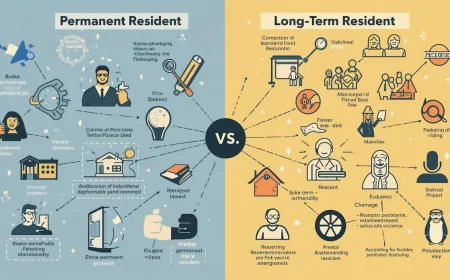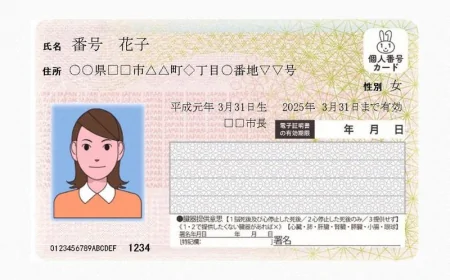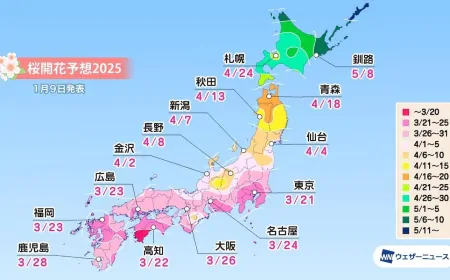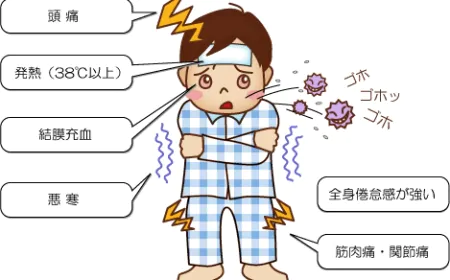What is the crime rate of foreigners in Japan?
In recent years, the number of foreign workers, technical trainees, and international students in Japan has increased rapidly, and interest in "foreigner crime" has also increased accordingly.

In the news and on the Internet, incidents committed by people of certain nationalities are often widely reported, leading many people to have the impression that "foreigners = high crime rate".
However, is this impression really true? In this article, we will calmly consider the crime rate of foreigners in Japan based on statistical data.
According to statistics from the National Police Agency, of the people arrested for criminal offenses in 2023, 9,529 were foreigners, accounting for about 5% of the total. When calculated in light of the number of registered foreigners, this means that about 0.3% of foreigners are arrested for some reason. In contrast, the arrest rate of Japanese people is about 0.15 to 0.2%. Indeed, if you look at the numbers alone, it may seem that foreigners are about twice as likely to commit crimes, but when viewed as a whole, it is still only a small portion.
By nationality, Vietnamese nationals accounted for the largest proportion of foreigners arrested in Japan in 2023 at 36.7%, followed by Chinese nationals at 17.4%, and other nationalities at 45.9%. In particular, incidents involving shoplifting and illegal employment by Vietnamese people tend to be prominent, and some reports have highlighted them as social issues.
However, it is premature to conclude that "foreigners are dangerous" based on these figures alone. This is because several factors are involved in the high crime rate. For example, there are issues on the Japanese side behind the background of foreigners becoming involved in crimes, such as misunderstandings due to language and cultural differences, inadequate working conditions, and exploitation by illegal brokers. In addition, it cannot be denied that the arrest rate is relatively high because the police tend to strengthen their surveillance of foreigners.
In fact, many foreigners abide by Japanese laws and rules and make an effort to integrate into the local community. People working as technical intern trainees are a major force supporting Japan in the fields of construction, agriculture, nursing care, and other fields, and international students are also contributing to Japan's future. Only a small proportion of people are involved in crimes, and over-reporting and emphasizing that small proportion can lead to prejudice and discrimination.
In order to live safely and securely in Japan as a foreigner, the first step is to "know the rules." It is necessary to acquire basic life skills such as confirming your status of residence, understanding the contents of contracts, and finding someone to consult when trouble occurs. In addition, you can reduce isolation and anxiety by utilizing local support groups and government services.
Finally, I would like to emphasize the importance of each of us "interpreting the numbers correctly." Topics regarding crimes committed by foreigners tend to be received emotionally, but by looking at objective information such as statistics, it becomes possible for society as a whole to have a more fair and understanding perspective.
記事に関連する商品








































































































